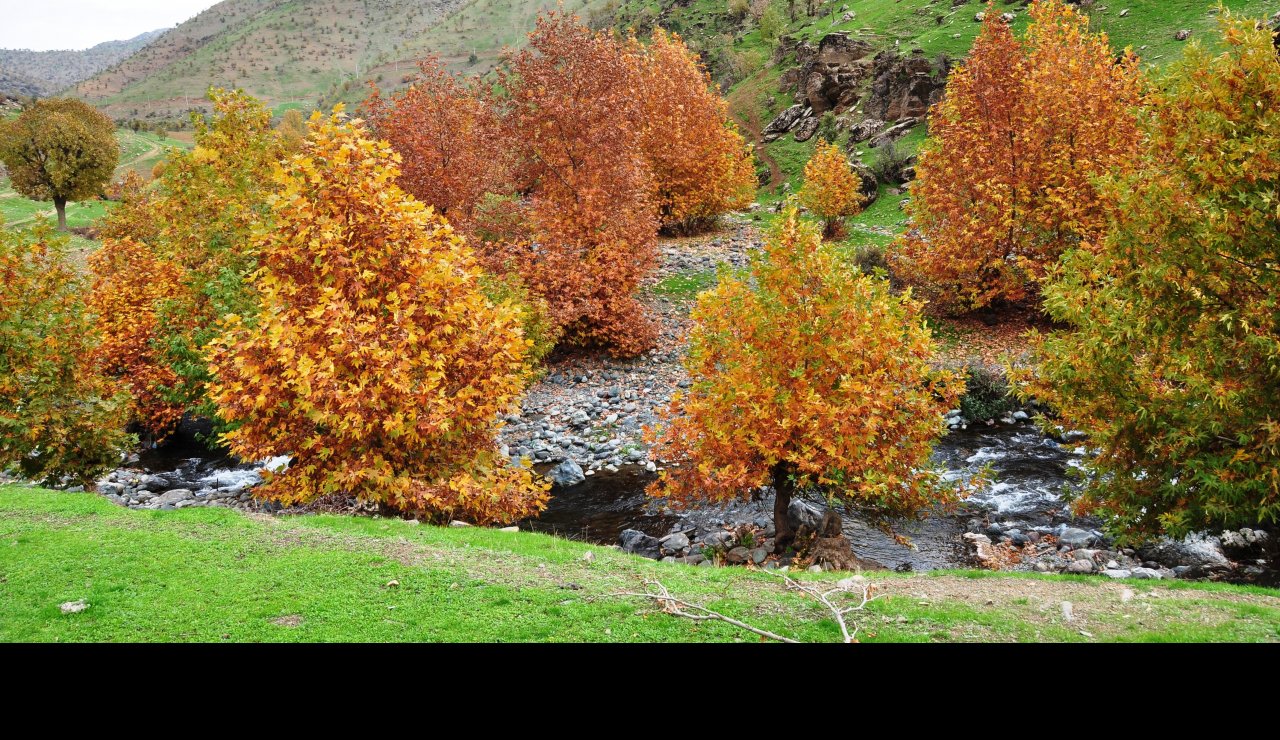
Some key events since the early 20th century.
1918: Sheikh Mahmoud Barzinji becomes governor of Sulaimaniya under British rule. He and other Kurdish leaders who want Kurdistan to be ruled independently of Baghdad rebel against the British. He is defeated a year later. [1]
1923: The Treaty of Lausanne between Turkey and the allied powers invalidates the Treaty of Sevres, which stated the creation of a independent Kurdish state. [2]
1925: After sending a fact-finding committee to the province of Mosul, the League of Nations decides that Mosul will be part of Iraq, on condition that the United Kingdom holds the mandate for Iraq for another 25 years to assure the autonomy of the Kurdish population. The following year Turkey and Britain signed a treaty in line with the League of Nation’s decision. [3]
1961: The Iraqi government of Abdul Karim Qasim refuses Mulla Mustafa Barzani’s request for Kurdish autonomy. On September 11th, Mustafa Barzani issued a proclamation to all Kurds to take up arms against the forces of the Iraqi government and with that the Kurdish revolution started. [4]
1970: The Kurdistan Democratic Party (KDP), lead by Mulla Mustafa Barzani, reaches an agreement with Baghdad on autonomy for Kurdistan and political representation in the Baghdad government. By 1974 key parts of the agreement are not fulfilled, leading to disputes. [5]
1971-1980: The Iraqi government expels more than 200.000 Fayli Kurds (Shia’s) from Iraq. [6]
1975: The Iraqi government signs the Algiers Agreement with Iran, in which they settle land disputes in exchange for Iran ending its support of the KDP and other concessions. [7]
1983: The Iraqi government kidnaps 8.000 boys and men from the Barzani tribe. In 2005, 500 of them are found in mass graves near Iraq’s border with Saudi Arabia, hundreds of kilometers from the Kurdistan Region. [8]
1987-1989: The Iraqi government carries out the genocidal Anfal campaign against Kurdish civilians. The Anfal campaign consists of mass executions and disappearances, widespread use of chemical weapons, destruction of some 2.000 villages and of the rural economy and infrastructure. An estimated of 180.000 are killed during this campaign. [9]
1988: On the 16th and 17th of March 1988, airplanes of the Iraqi government drop chemical weapons on the town of Halabja and surroundings. Approximately 5.000 civilians, mostly women and children are killed. [10]
1991: The people in Kurdistan rise up against the Iraqi government days after the Gulf War ceasefire. Within weeks the Iraqi military and helicopters suppress the uprising. Tens of thousands of people flee to the mountains, causing a humanitarian crisis. The US, Britain and France declare a no-fly zone at the 36th parallel and refugees return. Months later, Saddam Hussein withdraws the Iraqi Army and his administration, and imposes an internal blockade on Kurdistan.
1992: The Iraqi Kurdistan Front, an alliance of political parties, holds parliamentary and presidential elections and establishes the Kurdistan Regional Government (KRG).
1994: Power-sharing arrangements between the Kurdistan Democratic Party (KDP) and the Patriotic Union of Kurdistan (PUK) fall apart, leading to civil war and two separate administrations, in Erbil and Sulaimaniya respectively.
1998: The PUK and KDP sign the Washington Agreement, ending the civil war.
2003: The Peshmerga, Kurdistan’s official armed forces, fight alongside the coalition to liberate Iraq from Saddam Hussein’s rule.
2005: In a national referendum, Iraqis vote in favor of a new constitution. The new constitution, which is approved by 78 percent of voters, recognizes the Kurdistan Region's institutions including the Kurdistan Regional Government and the Kurdistan Parliament.
2006: At the start of the year, the PUK and KDP agree to unify the two administrations. On the 7th May, Prime Minister Nechirvan Barzani announces a new unified cabinet.
[1] Gareth Stansfield, ‘The Kurdish Question in Iraq, 1914-1974’, The Middle East Online Series 2: Iraq 1914-1974, Thomson Learning EMEA Ltd, Reading, 2006.
[2] Library of Congress Country Study: Iraq.
[3] Northedge, F. S. . The League of Nations: Its Life and Times, 1920-1946 Holmes & Meier. 1986
[4] Gareth Stansfield, ‘The Kurdish Question in Iraq, 1914-1974’, The Middle East Online Series 2: Iraq 1914-1974, Thomson Learning EMEA Ltd, Reading, 2006.
[5] No Friends but the Mountains: The Tragic History of the Kurds. John Bulloch and Harvey Morris.
[6] Human Rights Watch report, Whatever happened to the Kurds? 11 March 1991.
[7] David McDowall, A Modern History of the Kurds.
[8] Saddam’s Road to Hell: Documentary film by Gwynne Roberts.
[9] Kurdistan Regional Government estimate. Genocide in Iraq: The Anfal Campaign against the Kurds. Middle East Watch Report, Human Rights Watch, 1993.
[10] Human Rights Watch report, Whatever happened to the Kurds? 11 March 1991.












